How can I find my old car?
Regardless of your penchant for a particular car brand, most enthusiasts have a certain nostalgia attributed to a vehicle they used to own. Be it your first car or one you had to let go of because of financial and family practicalities, that attachment will always remain with you. But what if the situation has changed now and you are wondering, how can I find my old car? Let us outline a few tips and tricks for tracking down a car from your past if you live in the UK.
1. Remember the registration number of your old car?
What can you remember about your long-lost car or campervan? Unless you owned something super rare, you are going to need to have a few details beyond its make, model, and colour to help conduct your search. The last known registration number is probably the easiest to recall, the chassis number whilst much less memorable is non-transferable, and should remain with the vehicle from day 1 to its final moments. It is very possible your old car has changed colour over the years, it could even be a kit car or a Beach Buggy now, but the VIN or chassis number would help confirm its identity should it come to it.
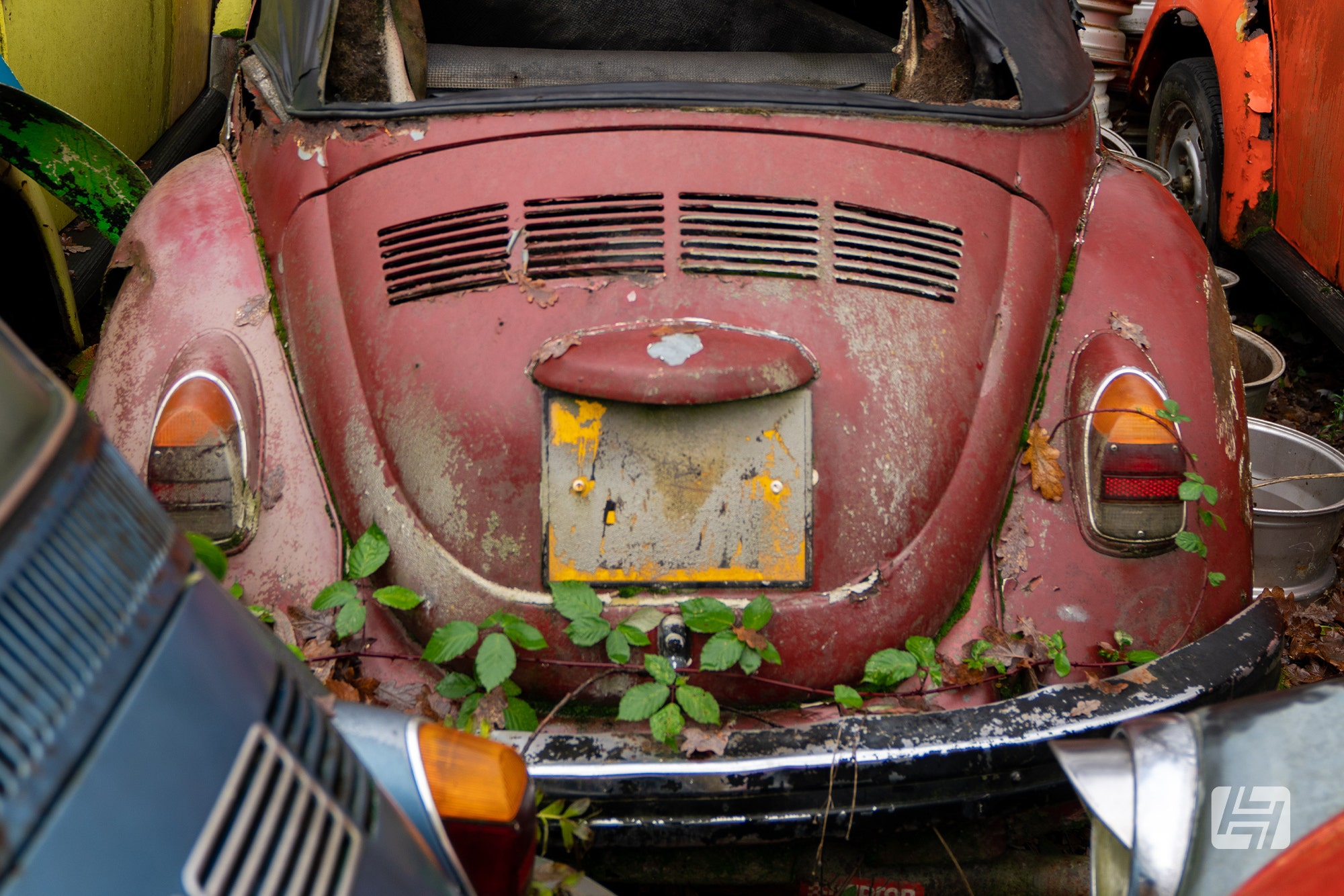
2. Is your old car still on the road?
Armed only with the UK registration number you can check to see if your old car is MOT'd or Taxed, and if not, what its current status is. The news you really want to see is that it has a current MOT and tax, meaning it's out and about and has a chance of getting spotted or indeed sold to you. SORN or untaxed doesn't mean it's completely game over but it might well be hidden in the back of a garage or workshop somewhere. Sadly you may also find no information, leading to the likelihood that your old car is no longer in existence. Check out the DVLA page, cazana.com/uk, and totalcarcheck.co.uk which both offer a more in-depth premium service too.

3. Request of vehicle information from the DVLA
The DVLA (Driver & Vehicle Licensing Agency) holds all the details for every UK registered driver and vehicle. There is a V888 request form (either physical or online) that will allow you to request vehicle information or owner information. Whilst this may seem like the answer, feedback online suggests you shouldn't hold your breath. However, for the sake of a few pounds it would be worth a go.

4. Use Social Media to find your old car
You may not be aware, but you can search for a vehicle registration number on Facebook, and any images for which privacy settings allow, will pop up. There's a chance you might just stumble across the latest owner or at least someone who has driven the car since you last took to the wheel. Also, test your vehicle registration as a #tag - you never know! There have been a few attempts to try and create an online database for old cars, independently of the DVLA. The best one I have found so far is www.drivearchive.co.uk it's free to use and you can search and register vehicles on there pretty easily.

5. Let Google find your old car
Just as Facebook will reference photographs, be sure to check out what Google has to say on your old car too. I just typed my registration number into Google and found a whole bunch of information about my current car on a build thread from 2016, including numerous old photographs. Who knows, you may just discover a new owner posting photos of them out and about having fun too.
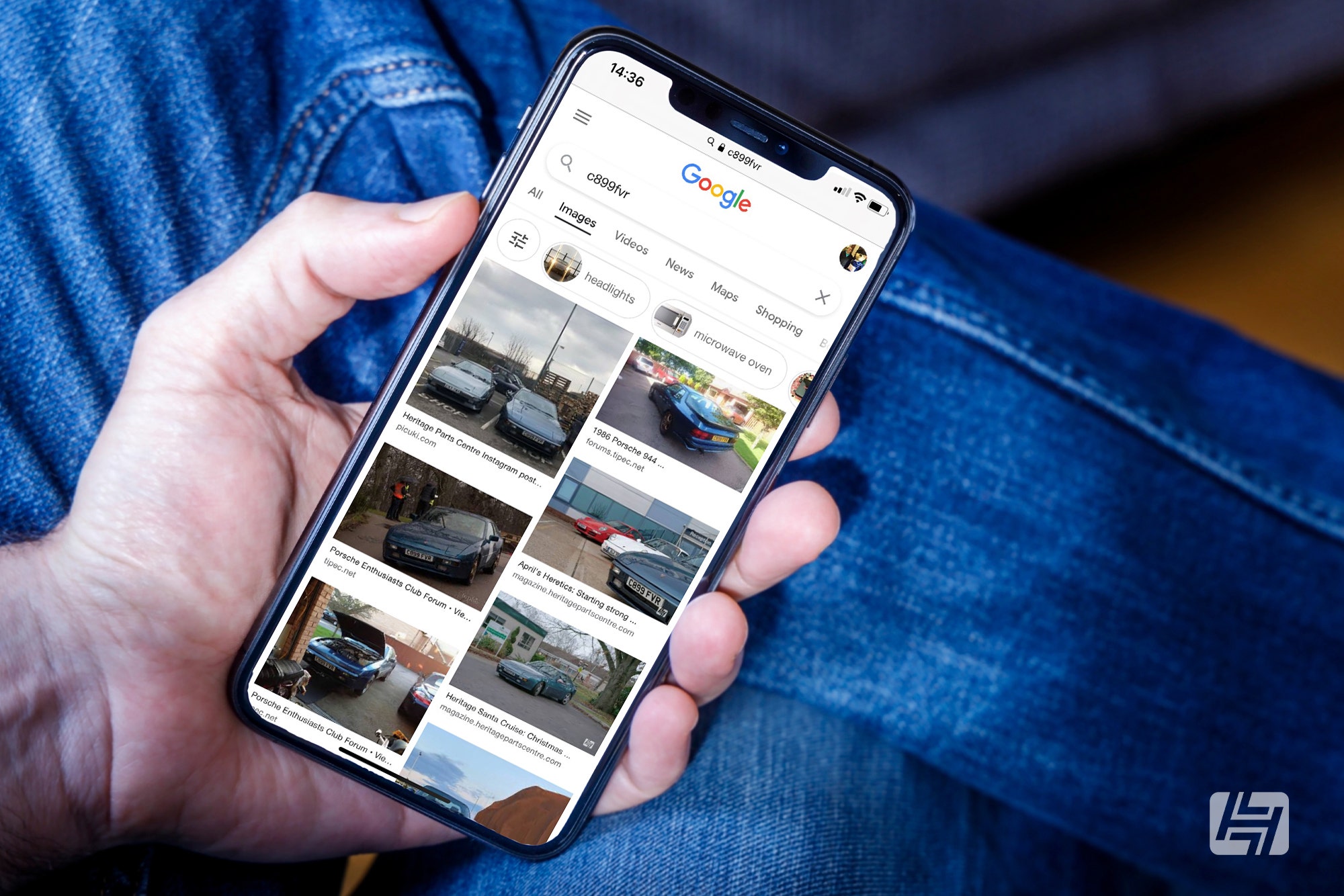
6. Ask owners clubs if they have seen your old car
Whether you join up on a forum, post your request in a Facebook group, or have a chat face to face at an event. See if those who are really into the car you are looking for can offer you any information. Tell the story and get people on your side with the search. Show some photographs, give the years and places and offer any details you remember about who you sold it to: "a young couple, an old lady, a Police Officer" - paint the picture to try and jog some memories.

7. Place a wanted advert for your old car
Whether you are looking to find an old VW Beetle, Campervan, or your parents' classic Porsche, place an advert in the place where everyone else is looking to buy one. Take advantage of online selling sites and owners club forums. Look up specialist magazines and place a printed advert too. You might just strike gold or get a tip-off from another potential purchaser; perhaps they turned your old car down as it's now a wreck, or it was up for too much money? No one will know you are searching if you don't tell anyone.
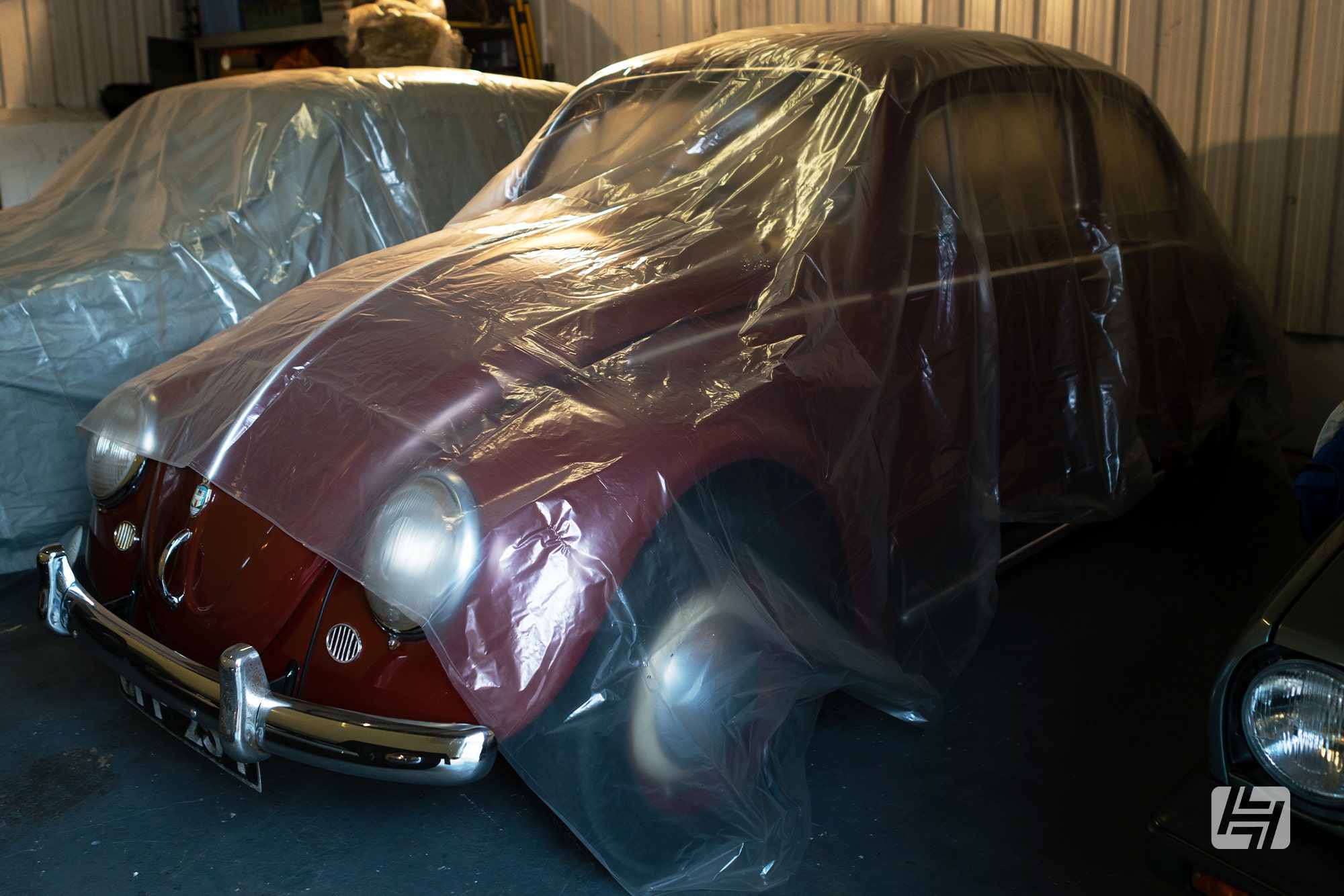
8. Offer a reward!
In the same way that a lost wedding ring or missing dog might have a financial incentive for anyone who can help locate it, you could do similar in the quest to find your car. It doesn't have to be a pile of cash (it'll help), but perhaps you could offer a professional service of some description, or even a drive of it once it has been found?

9. Use a specialist car finding service
If you are fortunate enough to be searching for a car with a high value, a special edition Porsche perhaps, it could be financially viable to employ a specialist to help you track it down. Through their network of trade associates they might be able to locate the current owner, and potentially broker a deal. Of course, you'll need to compensate them for their time or pay a commission on the purchase price, but if you want the car it'll be worth it!
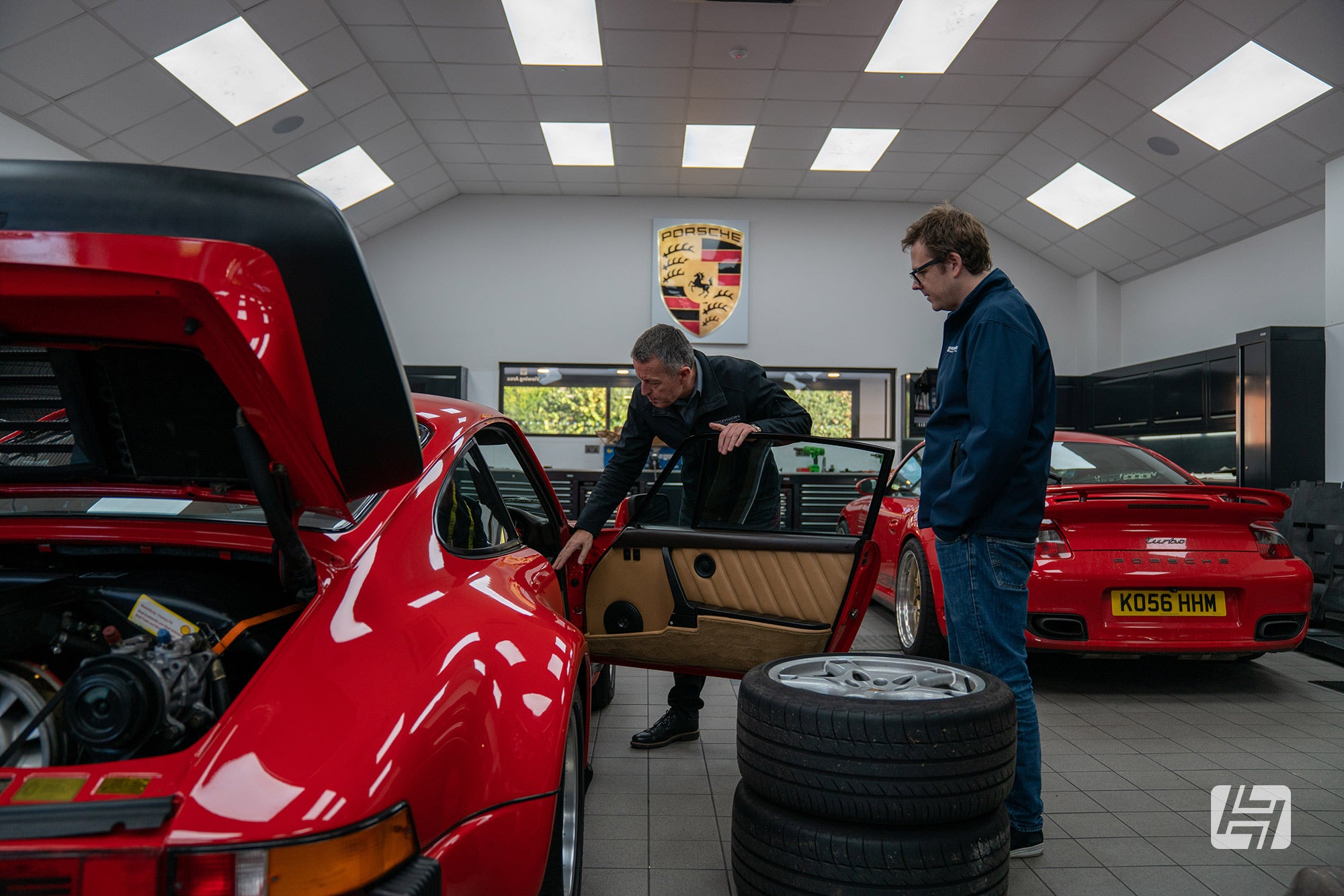
10. What's the law when looking for your old car?
Please don't let your intrigue land you or others in trouble. Should you uncover a clue, take your time to work out how to follow it up. Could this new information make the current owner feel uncomfortable, or that their details have been given out without their consent? GDPR came into place in the UK in May 2018 and is designed to protect our individual privacy. If you sold your car to a garage ten years ago, for example, they would be unable to pass on the information of the purchaser for you to follow up. They could, however, try and make contact on your behalf.


11. Know your limits
Let's imagine you find out where your car is, who has it, and even a telephone number for the owner. Before you put yourself in an emotional situation with the vehicle in front of you, make some rational decisions about what you are prepared to pay for it, and what your limit is with regards to poor condition. Are you geared up to take on a full restoration to get the car back to how it was? Is it even fixable, and do you have the skills to do the work or the finances to pay for it? Finding your old car is exciting, but don't let the dream become a nightmare before it even starts.
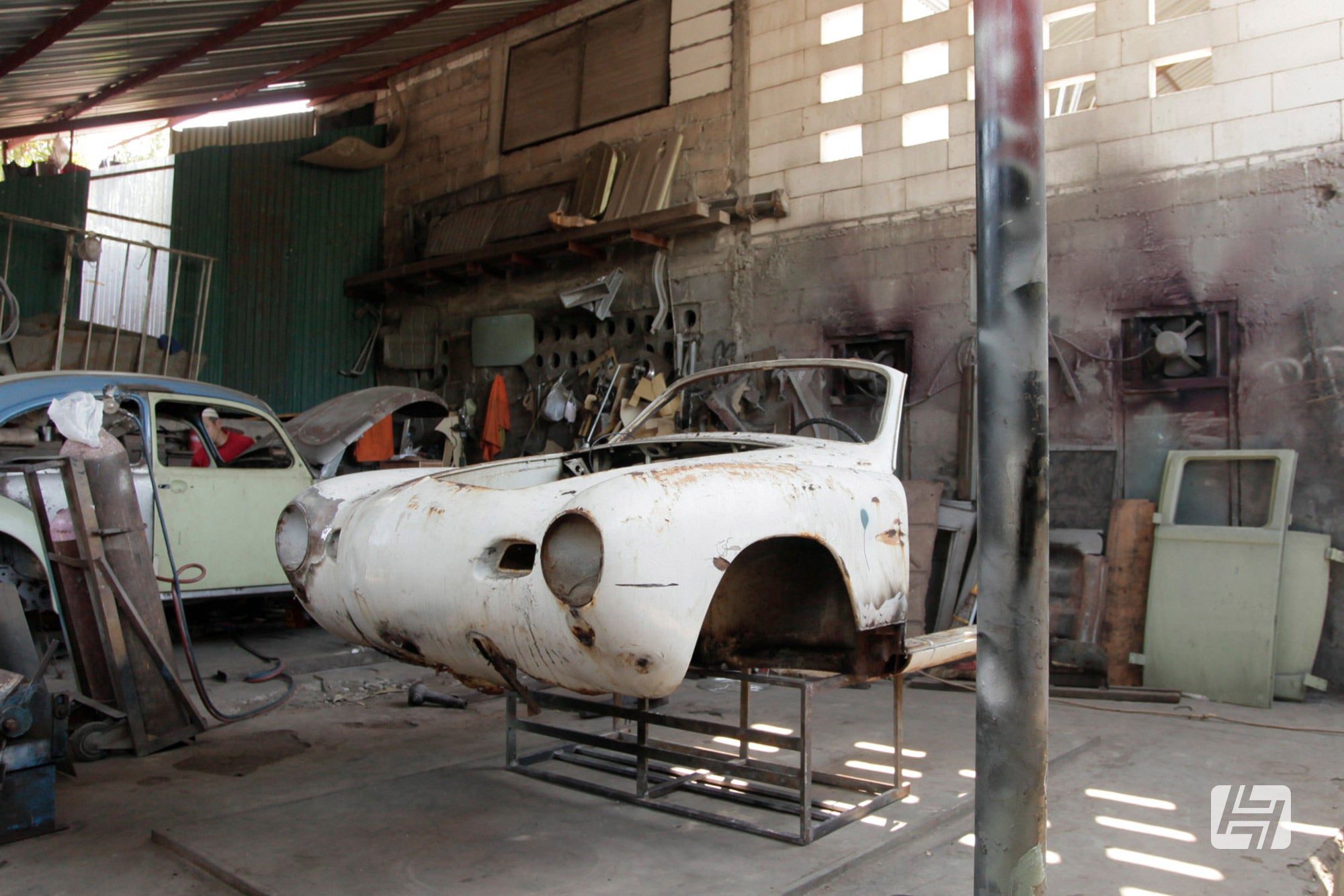
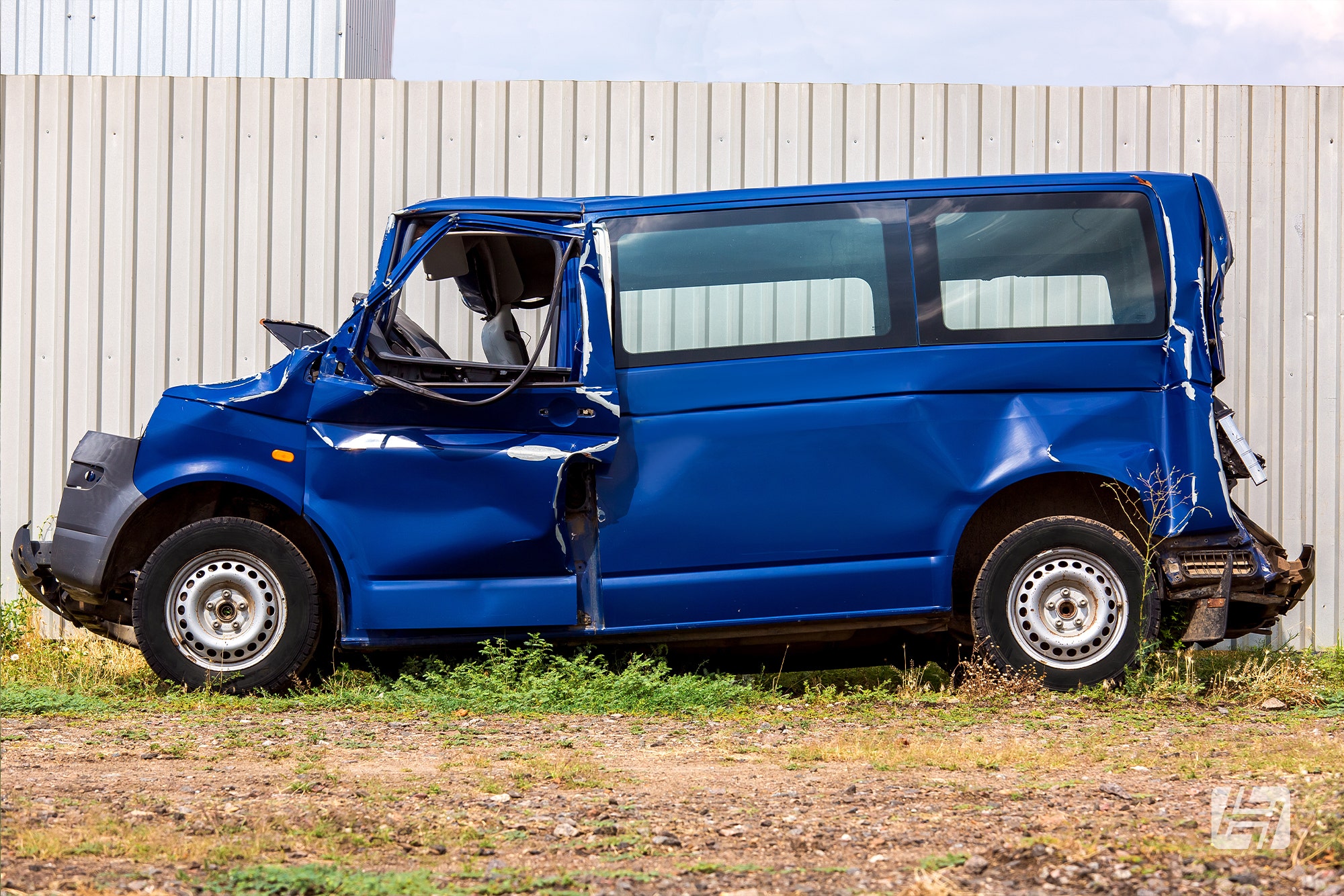
If it has been more than a few years since you last had the car, it will be worth re-familiarising yourself with that particular model. Where to check for rust, what breaks and what signs to look for. The current owner will be in a strong position to ask for an inflated price if they know you are buying because of sentimentality, so arm yourself with the reasons to get it cheaper. Check out detailed VW and Porsche buying guides here. If you are keen to track down a previous car of yours we hope this guide helps. Best of luck and please let us know if you find the one that got away!
Andy




 Beetle
Beetle
 Type 2 Bay
Type 2 Bay
 Type 2 Split
Type 2 Split
 Type 25
Type 25
 Transporter T4
Transporter T4
 Transporter T5
Transporter T5
 Golf Mk1
Golf Mk1
 Golf Mk2
Golf Mk2


 911
911
 996
996
 997
997
 986 Boxster
986 Boxster
 987 Boxster
987 Boxster
 912
912
 944
944
 924
924


 Defender
Defender
 Discovery Series 1
Discovery Series 1
 Discovery 2
Discovery 2
 Series 1, 2 & 3
Series 1, 2 & 3
 Freelander
Freelander
 Freelander 2
Freelander 2




